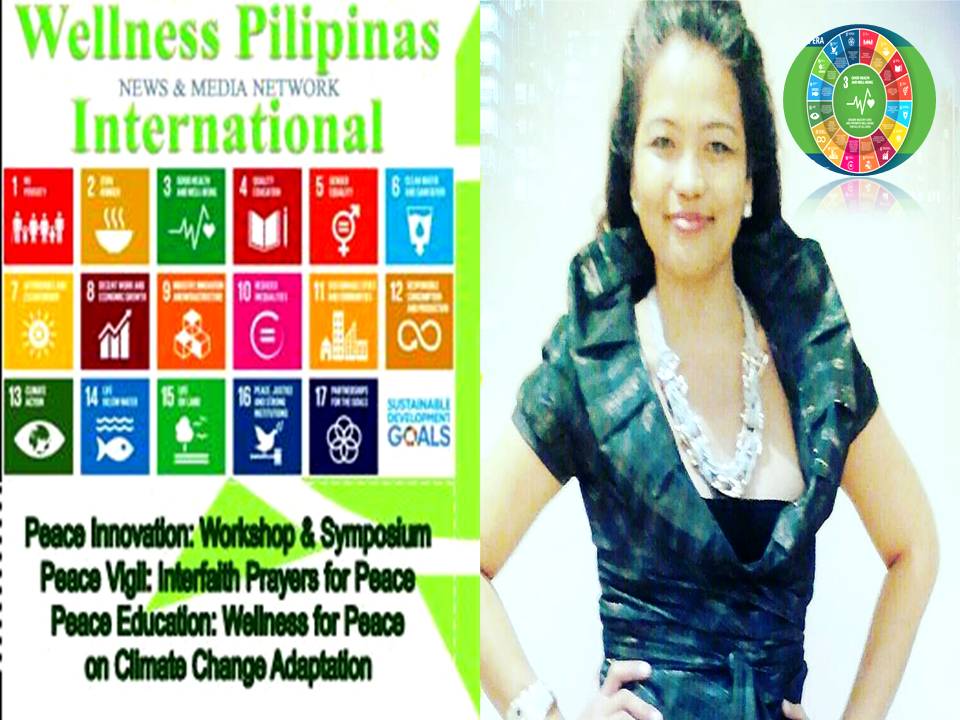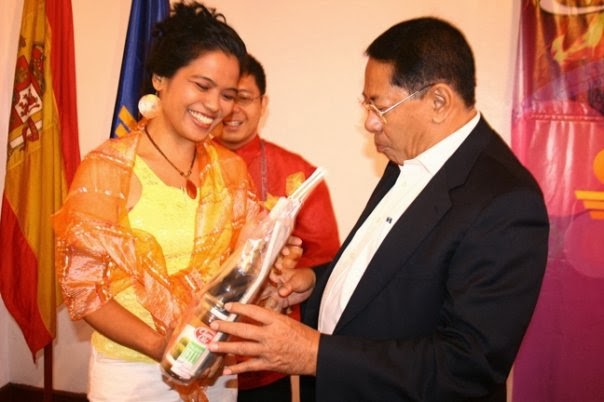"Health workers should minimize the need for survivors to repeatedly tell their history. Always listen attentively when survivors recount their stories, and don’t interpret or judge their account."Ian Askew, WHO Director, Department of Reproductive Health and Research
First, always provide care without discrimination. This means, recognize that a woman may face multiple forms of discrimination – in addition to being a woman; because of her race, ethnicity, class, socio-economic background, caste, sexual orientation, religion, disability, or other characteristics – or because she has been subjected to violence.
Second, never raise the issue of partner violence unless a woman is alone. Even if she is with another woman, that woman could be the mother or sister of an abuser. If you do ask her about violence, do it in an empathic, nonjudgmental manner. Always use language that is appropriate and relevant to the culture and community you are working in, as some women may be uncomfortable with the words “violence” and “abuse”.
Last, remember the principle of “do no harm”. Health workers should minimize the need for survivors to repeatedly tell their history. Always listen attentively when survivors recount their stories, and don’t interpret or judge their account.
Envisioning a world without violence
The Global Plan of Action envisions a world in which women and girls are free from all forms of violence and discrimination, their health and well-being are protected and promoted, their human rights and fundamental freedoms are fully achieved, and gender equality and the empowerment of women and girls are the norm.
Health workers have a duty to protect and support survivors of violence, and to help to prevent further violence. As we continue to hear so many #metoo stories, it’s time for #youtoo to do your part.




